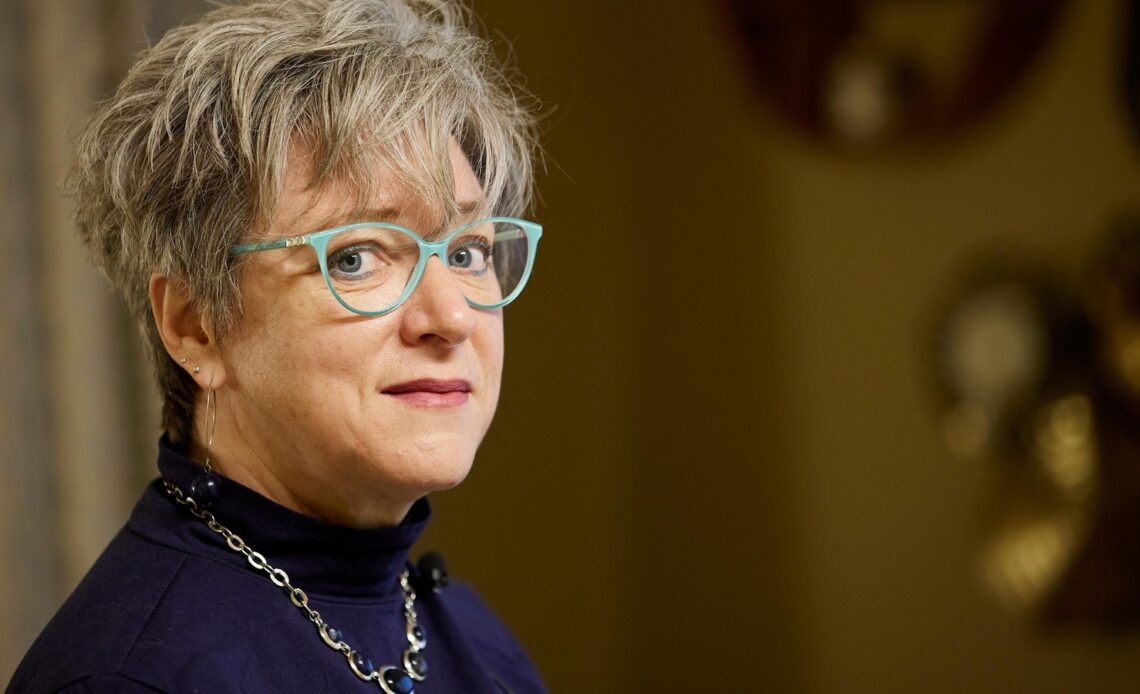PORTLAND, Ore. — Drug reform advocates hailed Oregon as a progressive leader when it became the first in the nation to legalize the therapeutic use of psilocybin, the compound found in psychedelic mushrooms.
But four years later, voters in a growing list of its cities have banned the substance.
Four cities, spanning Portland suburbs and rural and coastal towns, added new voter-approved prohibitions for the federally illegal compound in the Nov. 5 election. A dozen other communities that approved two-year moratoriums in 2022, when a majority of Oregon counties and over 100 cities voted to temporarily or permanently ban psilocybin, voted in this election to make the restrictions permanent.
In the wake of the fentanyl crisis, the rejection of drug liberalization measures in Oregon and states across the country this election has some experts questioning whether voters are rethinking their appetite for such policies.
In Massachusetts, for example, voters rejected a measure that would have allowed residents over 21 to grow and use plant-based psychedelic drugs in certain circumstances. All three states that had measures to legalize recreational marijuana voted against it.
Oregon voters, in particular, appear to have soured on drug reform. A law passed by voters four years ago that decriminalized the possession of small amounts of hard drugs, including heroin and methamphetamine, was rolled back by the state legislature earlier this year after heated debate over whether it played a role in a spike in public drug use and deaths.
“Perhaps the fact that the drug policy reform pendulum appears to be swinging back towards prohibition is part of a broader trend toward a preference for ‘law and order’ among American voters,” said Josh Hardman, founder of Psychedelics Alpha, a consulting firm and newsletter on psychedelic research, business and policy. “Oregon, specifically, has been touted as an example of liberal drug policies gone wrong.”
Despite the local bans, psilocybin remains accessible in over 30 licensed centers spanning the state’s most populous cities, like Portland, and a handful of small towns. Some rural counties also have voted to stay in the program.
However, access to therapeutic psilocybin is further complicated by high costs: One session can be up to $2,000 out of pocket. That is largely because center owners and facilitators have to pass on licensure expenses to consumers in order to stay afloat.
MJ Wilt, who just opened a licensed center in…
Click Here to Read the Full Original Article at ABC News: Health…

